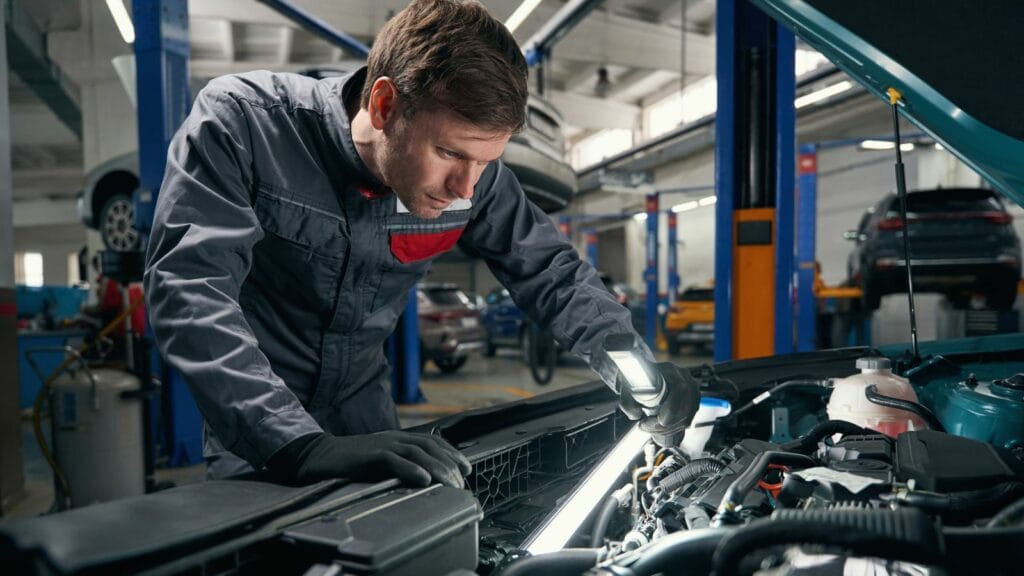Ask any seasoned mechanic, and they’ll tell you: the way you treat your car determines how long it lasts. After years of repairing engines, transmissions, and electrical disasters caused by owner neglect, mechanics develop an instinct for what not to do. Here are ten things professional mechanics agree they would never do with their own vehicles habits that separate a well-cared-for car from an early trip to the scrapyard.
Ignore Oil Changes
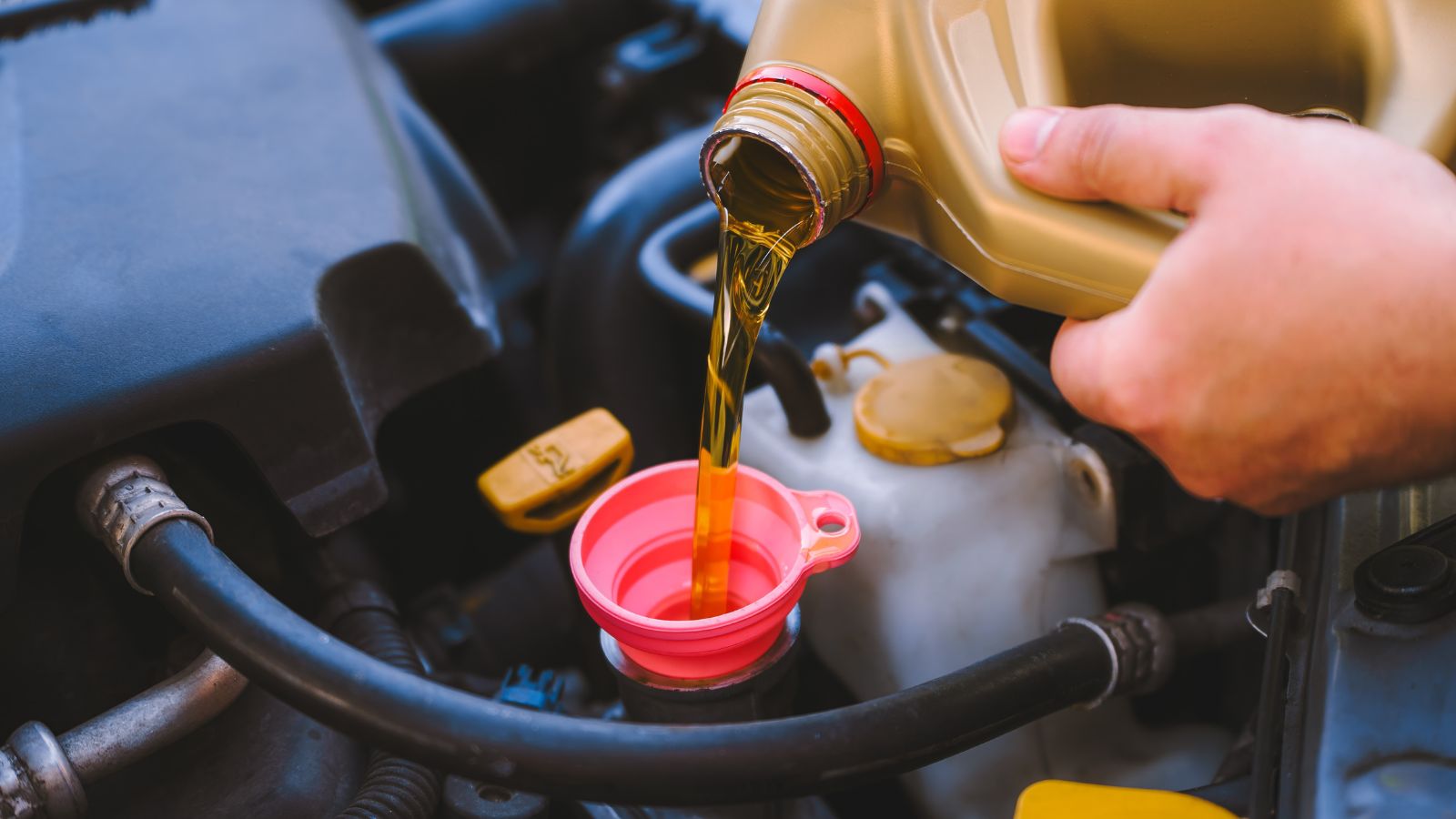
Nothing destroys an engine faster than skipped or delayed oil changes. Mechanics know that clean oil is the lifeblood of an engine, keeping parts lubricated and cool. Waiting until 10,000 miles or worse, until the dashboard light appears is a shortcut to sludge buildup and bearing damage. Pros always follow the manufacturer’s schedule or change oil sooner if the car is driven hard or in extreme temperatures.
Use Cheap Replacement Parts
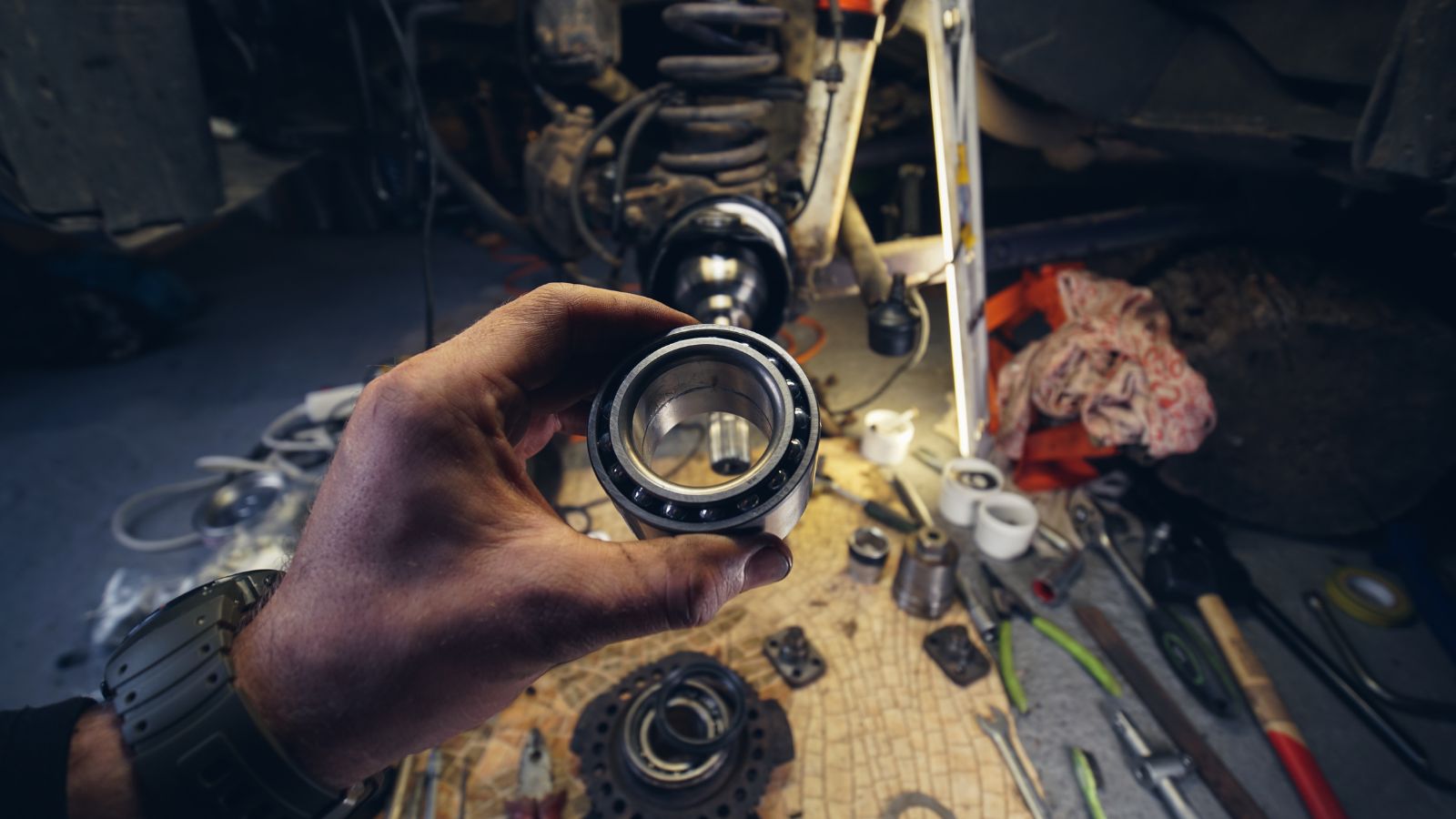
When something breaks, it’s tempting to save a few bucks with bargain bin parts. Mechanics never do that. Cheap filters, brake pads, or sensors often fail early or perform poorly, costing more in the long run. Professionals stick with OEM or trusted aftermarket brands because they know that quality parts mean reliability, proper fit, and fewer headaches later.
Ignore Weird Noises
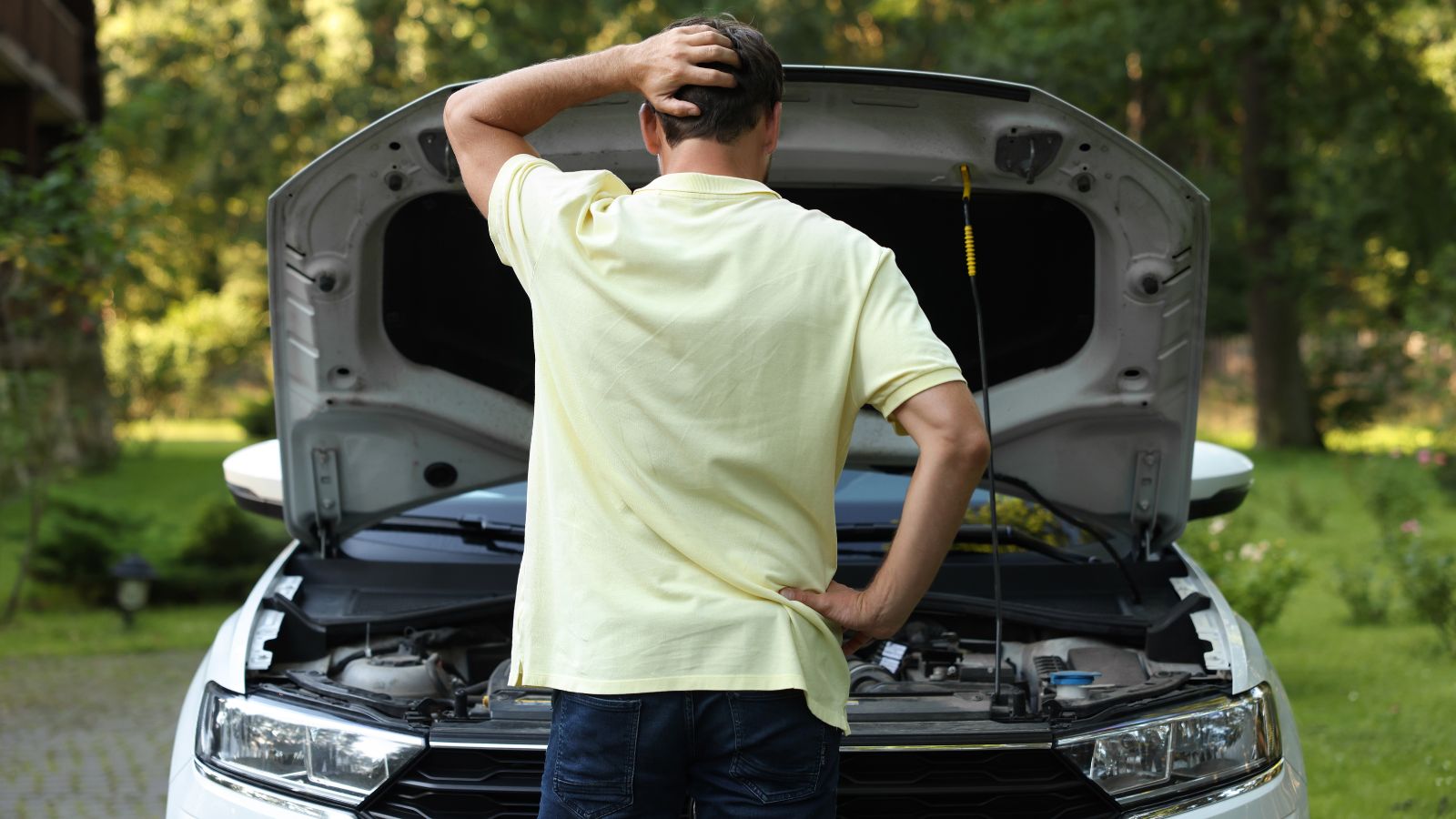
Clicking, knocking, squealing these are not background sounds to ignore. Every noise tells a story, and mechanics have learned to listen. A faint rattle might signal a loose heat shield; a ticking noise could point to low oil or a worn lifter. Ignoring these signs always leads to bigger bills later. Mechanics investigate immediately, even for minor sounds, because small issues become major failures fast.
Run Tires Past Their Prime
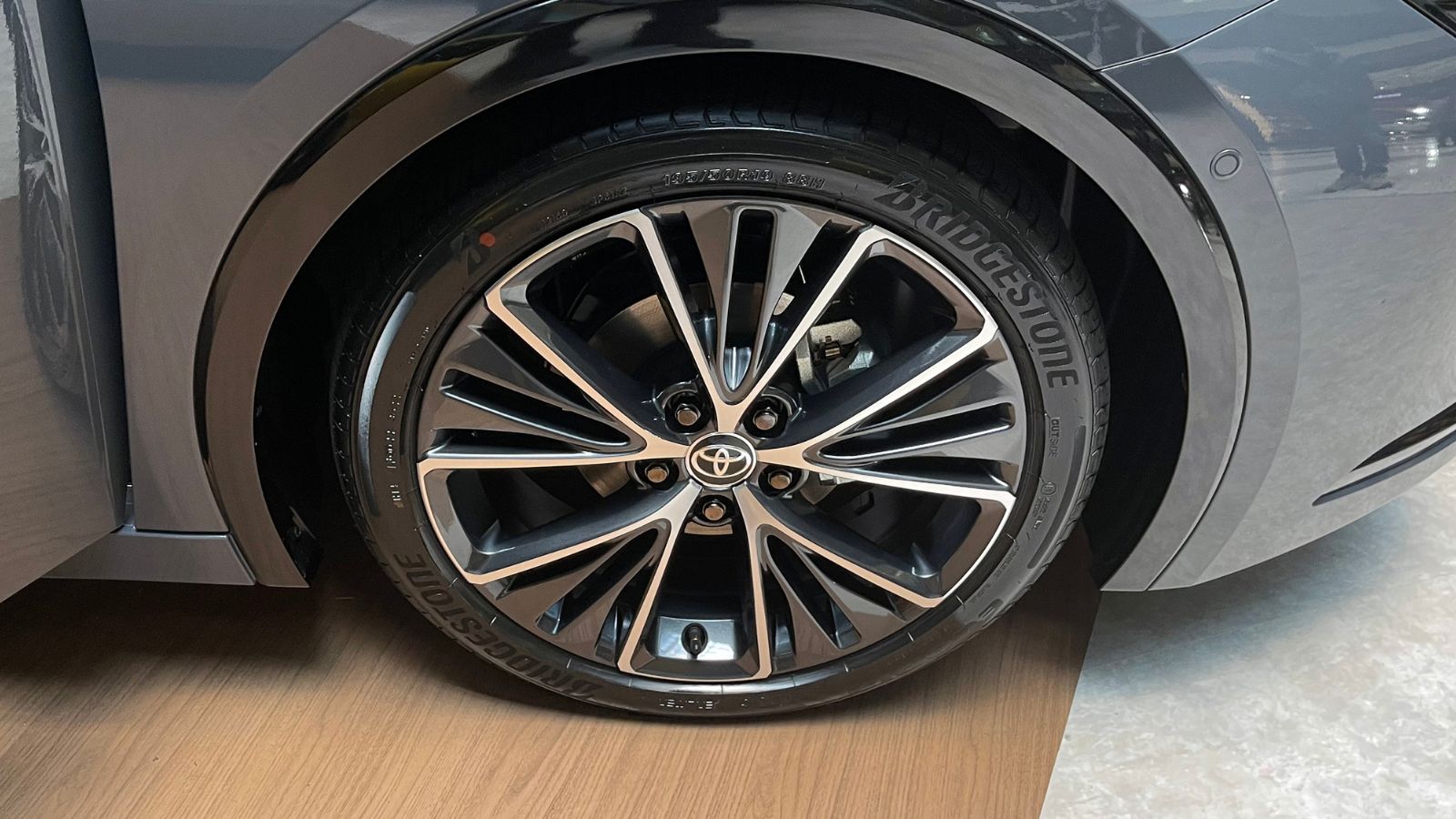
Worn or old tires are one of the most dangerous forms of neglect. Mechanics understand that even if the tread looks decent, rubber degrades over time. Six-year-old tires can crack or blow out, even if they’ve seen little use. Professionals inspect sidewalls for dry rot, check pressure often, and replace all four tires before they become a safety risk.
Let Fuel Levels Drop Too Low
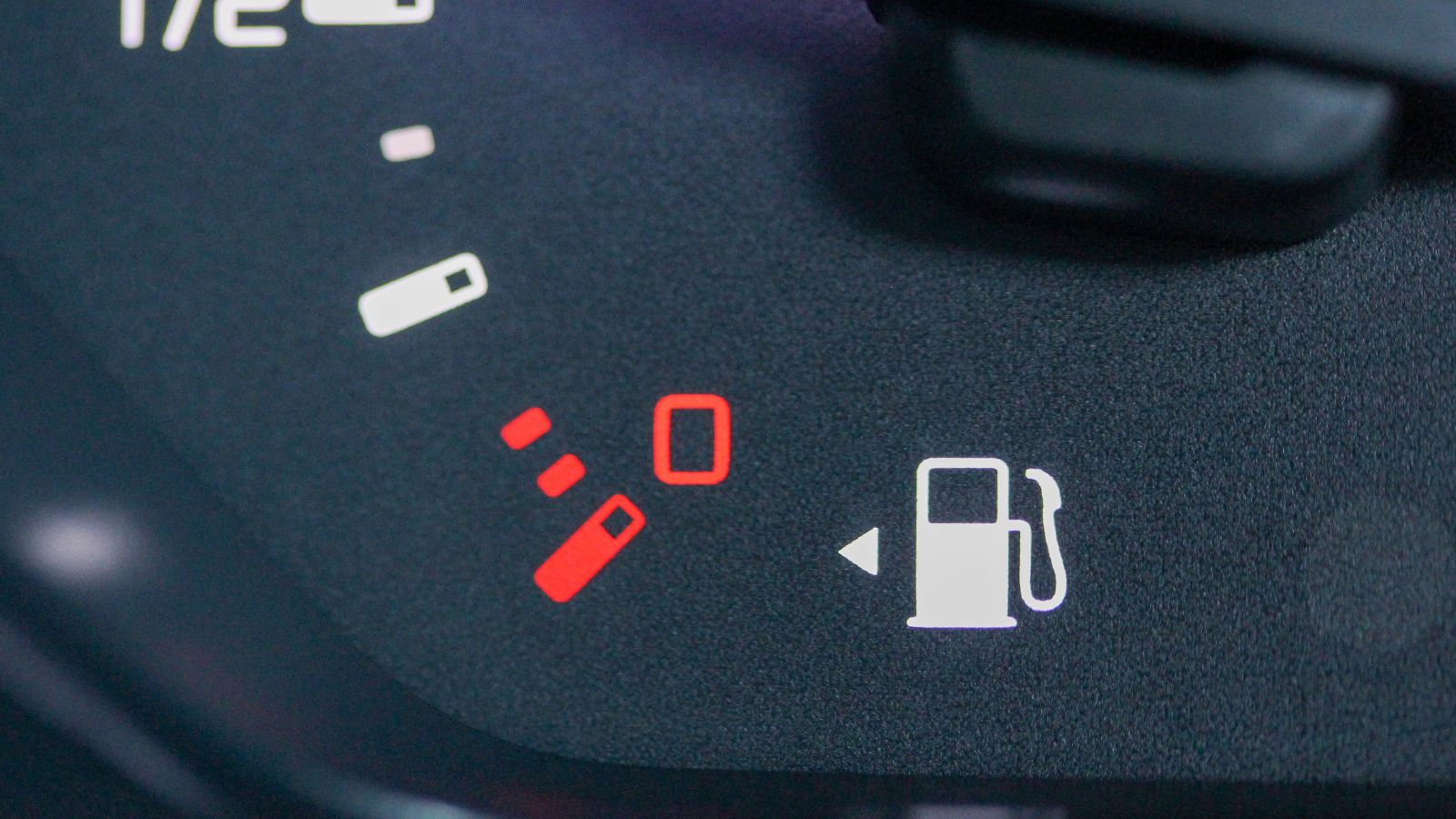
Many drivers let their tanks run near empty, assuming they’ll fill up later. Mechanics never let that happen. Running low on fuel forces the pump to suck up debris from the bottom of the tank, leading to clogged injectors or fuel pump failure. They keep tanks at least one-quarter full, especially in cold weather, when condensation inside the tank can create rust or water contamination.
Skip Transmission or Coolant Service
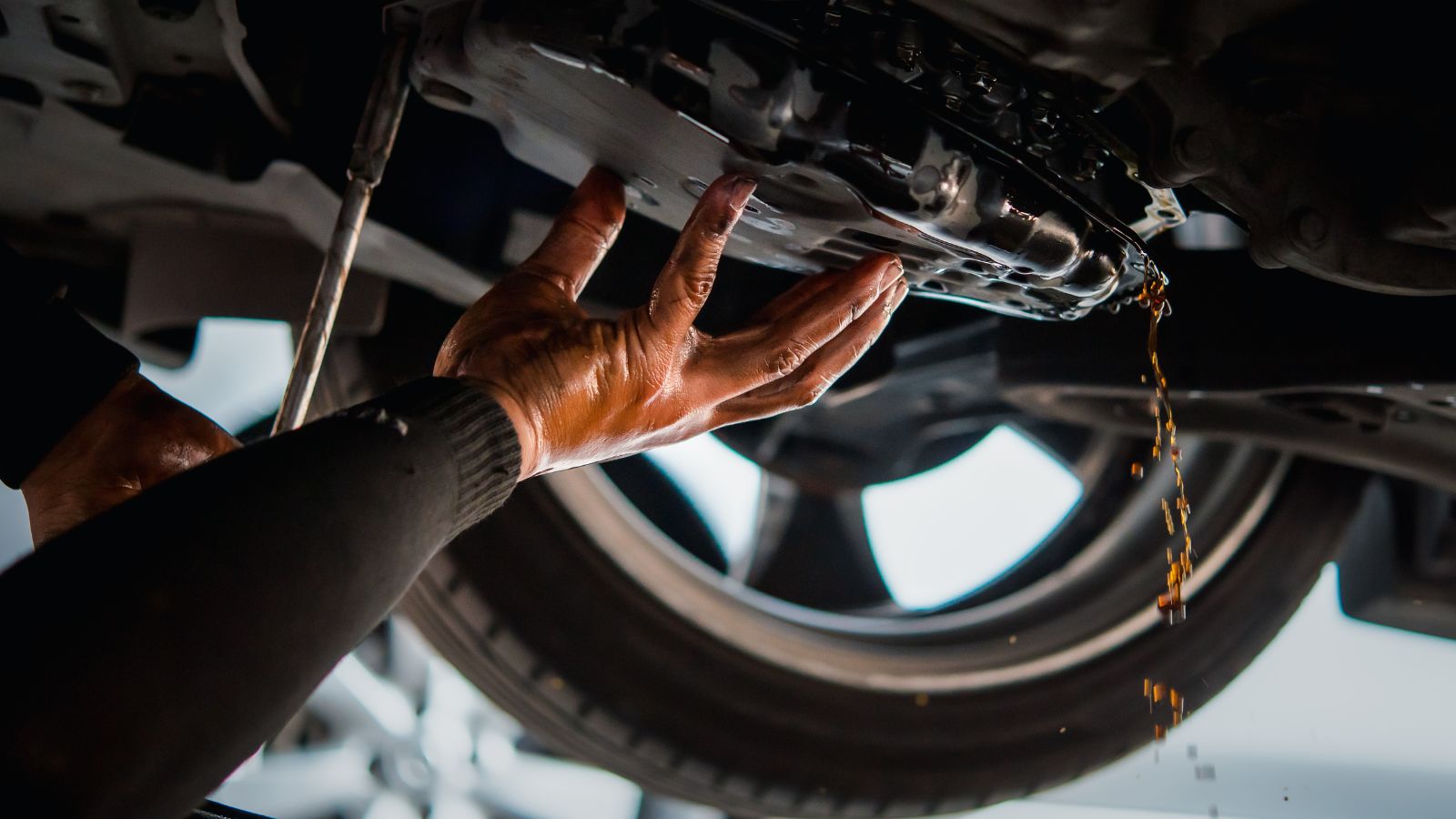
Fluids are not “lifetime” products, no matter what marketing claims say. Mechanics change coolant, brake fluid, and transmission fluid on schedule because these systems rely on clean, uncontaminated fluids to function properly. Neglecting them leads to overheating, brake fade, or transmission failure repairs that cost thousands. Pros flush these systems long before problems appear.
Rev the Engine When It’s Cold
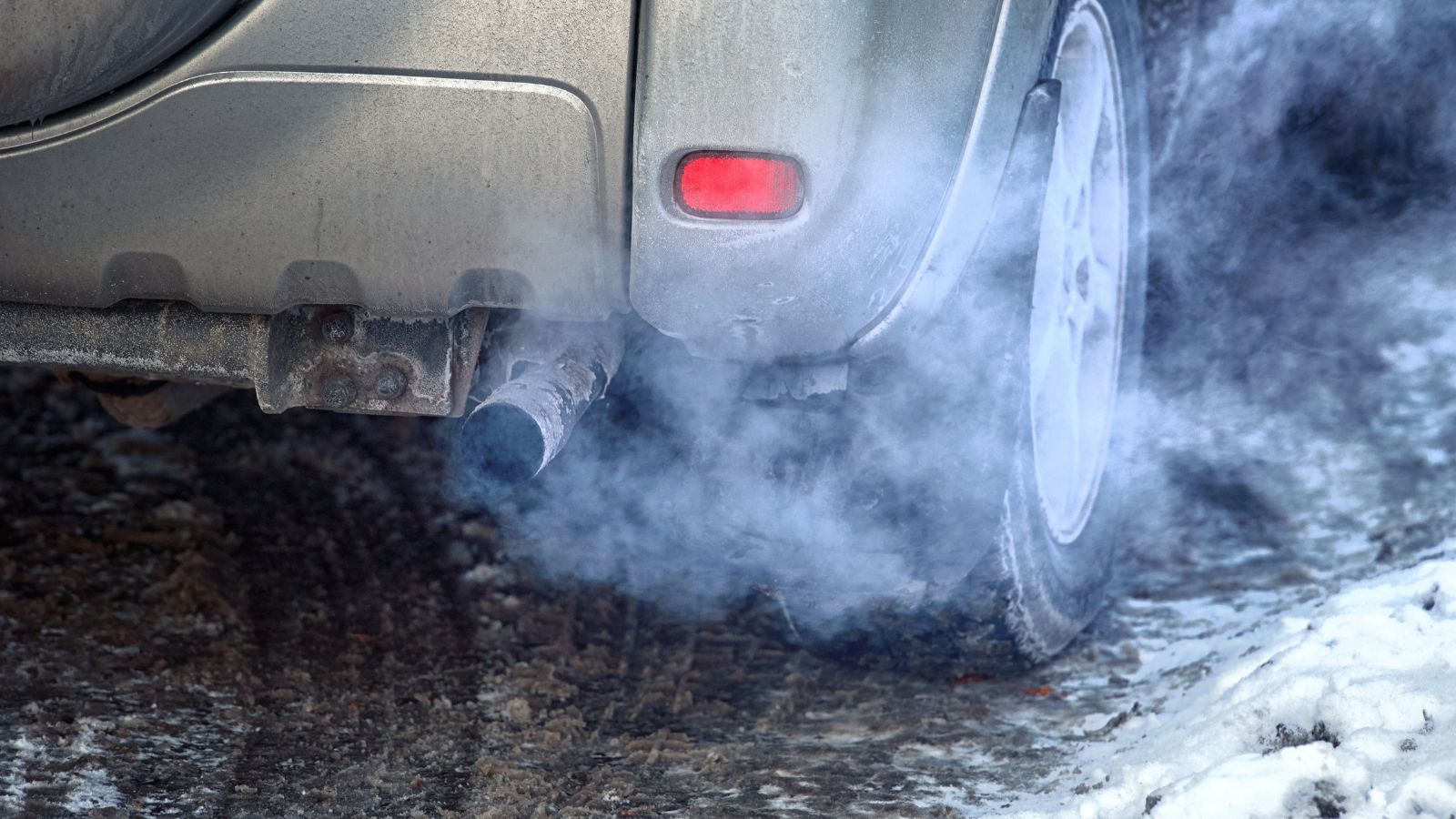
Mechanics cringe when they see drivers start a car and immediately floor the gas. Cold oil is thick and sluggish, meaning it takes time to circulate. Revving too early increases wear on pistons, bearings, and valves. Professionals let engines idle for a short minute before driving gently until everything reaches normal operating temperature. It’s the simplest way to extend engine life.
Overload the Vehicle

Hauling beyond a car’s rated capacity is asking for trouble. Mechanics have seen suspensions collapse, brakes overheat, and transmissions burn out from excessive loads. Whether it’s towing a trailer that’s too heavy or stuffing the trunk full of gear, professionals always respect the vehicle’s limits. The cost of a broken axle or warped rotor far outweighs the convenience of one overloaded trip.
Neglect Battery and Electrical Health
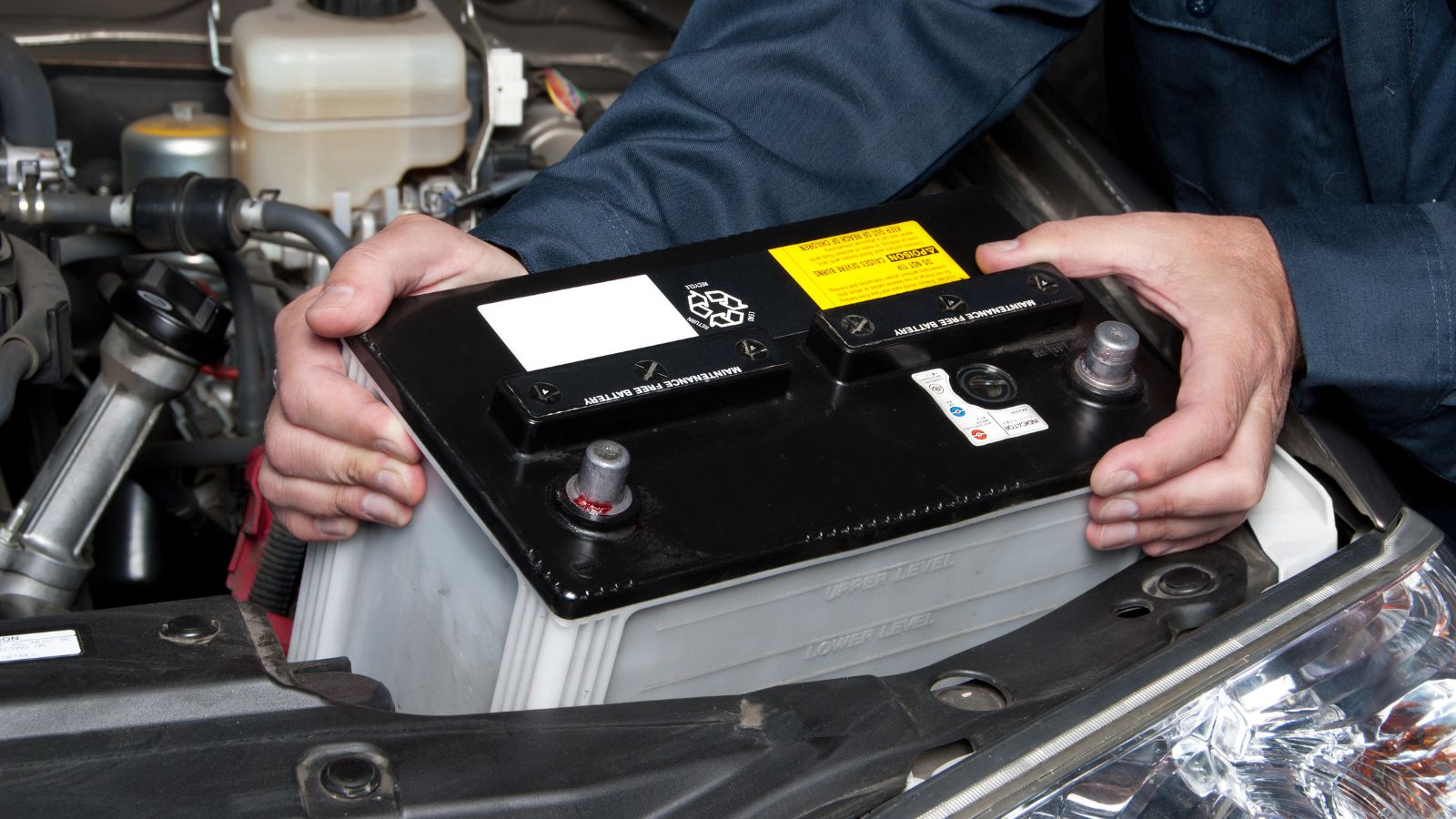
Dead batteries are more than an inconvenience—they can damage alternators and other electrical systems. Mechanics keep terminals clean, test voltage regularly, and replace aging batteries before they fail. They also avoid cheap jumper cables and random wiring modifications that can fry sensitive electronics. A little preventive care saves a lot of electrical grief.
Delay Small Repairs
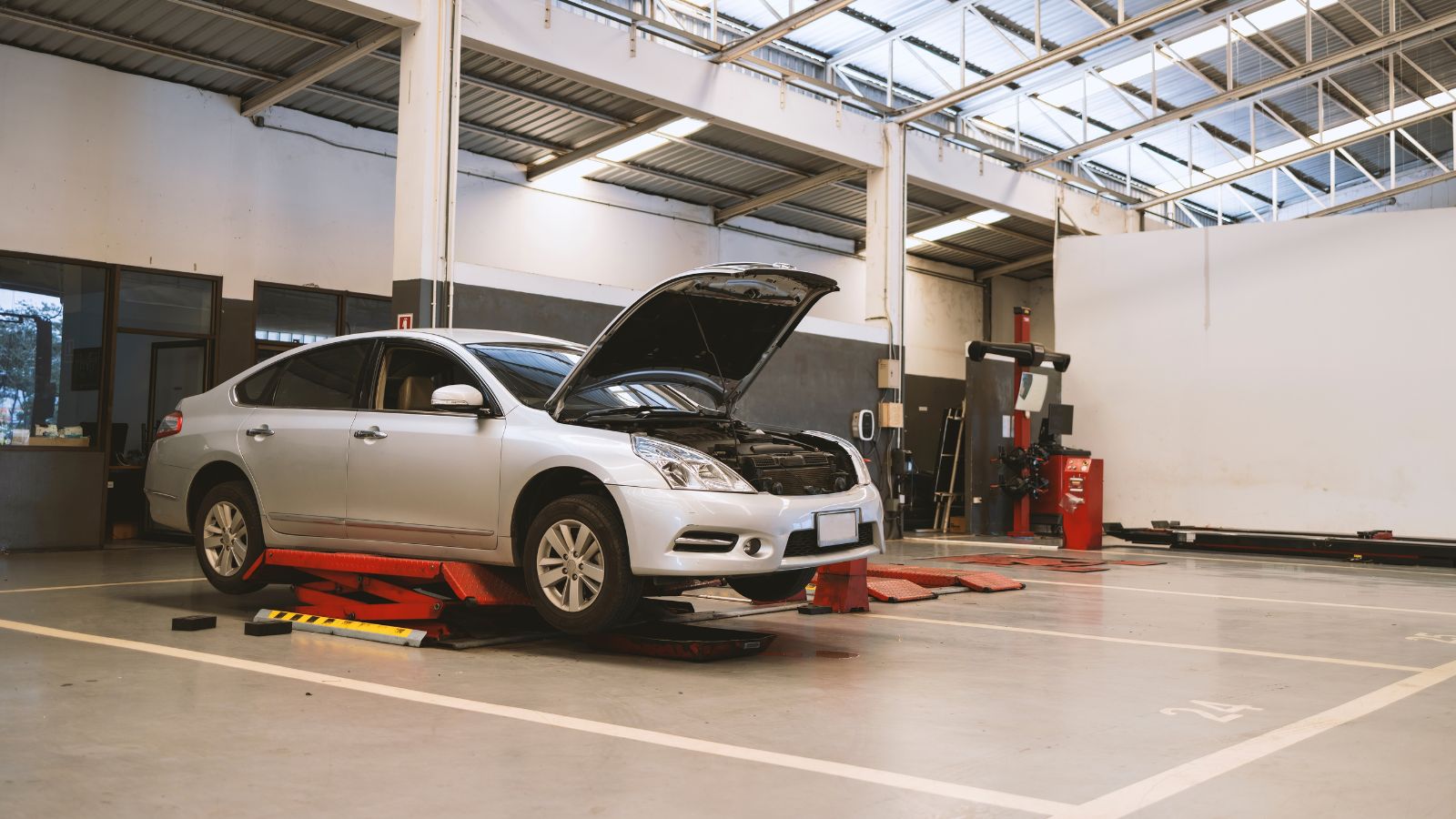
Mechanics know that every small issue hides a bigger one waiting to appear. A minor coolant leak can turn into a blown head gasket. A loose belt can snap and take out the alternator or water pump. Professionals never wait until something “really breaks.” They fix small problems immediately because they’ve seen too many cars die from deferred maintenance.
The Mechanic’s Golden Rule
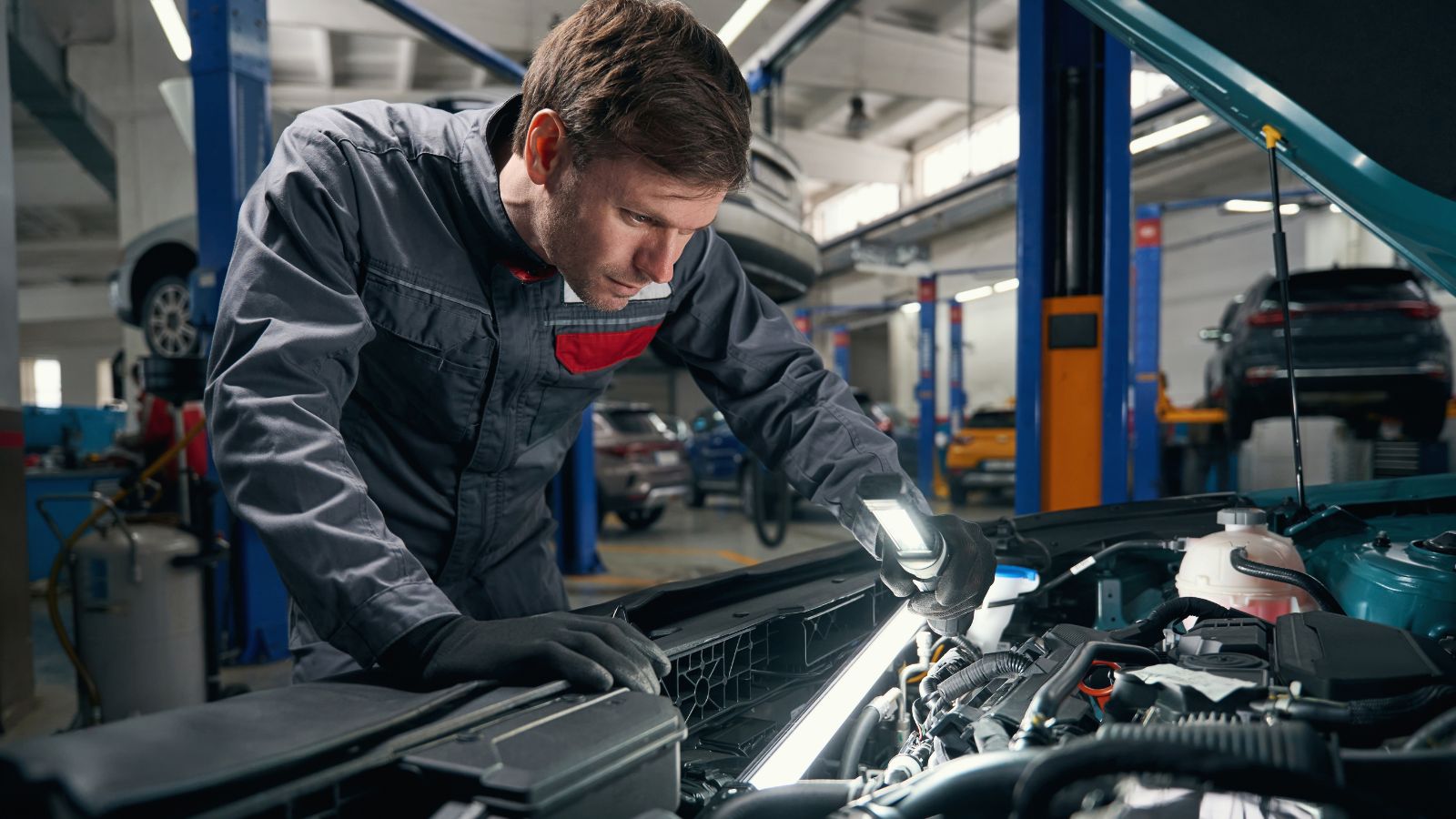
The difference between a dependable car and a nightmare money pit usually comes down to maintenance habits. Mechanics don’t baby their cars they just respect them. They understand that a vehicle is a machine, and every system depends on another. Treat it right, and it’ll last far longer than the factory ever promised. Treat it wrong, and no amount of wishful thinking will save it from the tow truck.
25 Facts About Car Loans That Most Drivers Don’t Realize

Car loans are one of the most common ways people fund car purchases. Like any other kind of loan, car loans can have certain features that can be regarded as an advantage or a disadvantage to the borrower. Understanding all essential facts about car loans and how they work to ensure that you get the best deal for your financial situation is essential. Here are 25 shocking facts about car loans that most drivers don’t realize:
25 Facts About Car Loans That Most Drivers Don’t Realize
